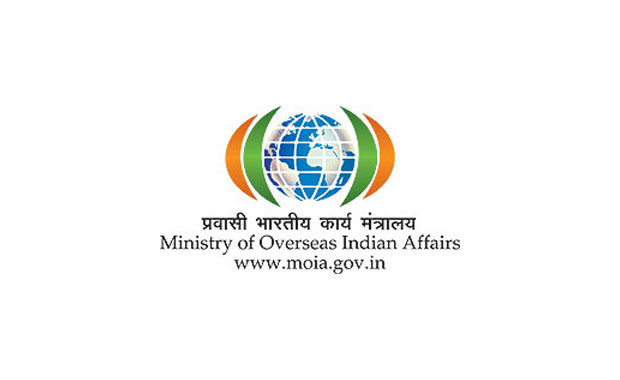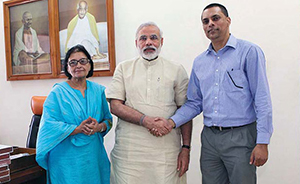PIO–NRI UNIVERSITY
While addressing Indian Parliament in February 2007, the then President of India, Dr. A.P.J. Abdul Kalam, had announced that the Government was working on a proposal to establish a university for People of Indian Origin (PIO) in the country. The idea behind the university was to encourage a reverse brain drain, or brain gain, such that some of the brightest and talented overseas Indians return, work and contribute to India’s growth and developmental process.
At the Regional Pravasi Bharatiya Divas in Toronto in June 2011, it was announced by the Ministry of Overseas Indian Affairs (MOIA) that the Government of India was proposing to set up to 5 PIO universities in different cities to deepen India’s connectivity with its diaspora. These would be established under the Innovation Universities Act, once passed by Parliament. These universities could either be fully public funded or fully private funded.
Since then, the Universities for Research and Innovation Bill, 2012 has been introduced in the Lok Sabha. As per its provisions every University for Research and Innovation shall, within fifteen years from the establishment and incorporation of such University under this Act, and thereafter at the expiration of every tenth year, constitute a committee of experts to evaluate and review the performance in achievement of the objects of such University and make recommendations on:
a. the extent of fulfilment of the objects of the University for Research and Innovation as demonstrated by the state of teaching, learning and research and its contribution to society;
b. the promotion of transformational and multi-disciplinary research requiring an integrated approach to complex problems of society;
c. the advancement of fundamental research beyond the current frontiers of knowledge;
d. the establishment of such University as amongst the global leaders in higher education and research;
e. the impact and contribution of alumni of such University to institutions, industry or civil society;
f. the extent of achievement of social equality through education and research in such University;
g. the connection established by such University between innovation spurred through the efforts of the University to its neighborhood and to society;
h. the breadth of impact that education and research in such University have had on society.
Further,
Each University would offer exposure to an international classroom environment. However, a minimum of 50% students have to be Indian citizens.
* Each University would focus on one area or problem of significance to India and build an ecosystem of research and teaching around different related disciplines and fields of study. Significant dividends in terms of Intellectual Property Right creations are expected due to focused and inter-disciplinary research in an area of study.
* These universities would have autonomy in matters of academics, faculty, personnel, finances, administration and in the development of a vision for the future.
* Each University would focus on one area or problem of significance to India and build an ecosystem of research and teaching around different related disciplines and fields of study. Significant dividends in terms of Intellectual Property Right creations are expected due to focused and inter-disciplinary research in an area of study.
* These universities would have autonomy in matters of academics, faculty, personnel, finances, administration and in the development of a vision for the future.
* Different modes of establishment of these universities are contemplated. They can be either fully public funded or fully private funded. The Bill also provides for public private partnership.
* The President of India would be the Visitor of the publicly funded Universities for Reseach and Innovation.
* The Chancellor would be appointed from amongst eminent academicians who shall be the nominal head of the University and preside over convocations and annual meetings of the Board of Governors (BoG). The Chancellor for Publicly funded Universities would be appointed by the Visitor while for private Universities, the Chancellor would be appointed by the Promoter.











Comments.